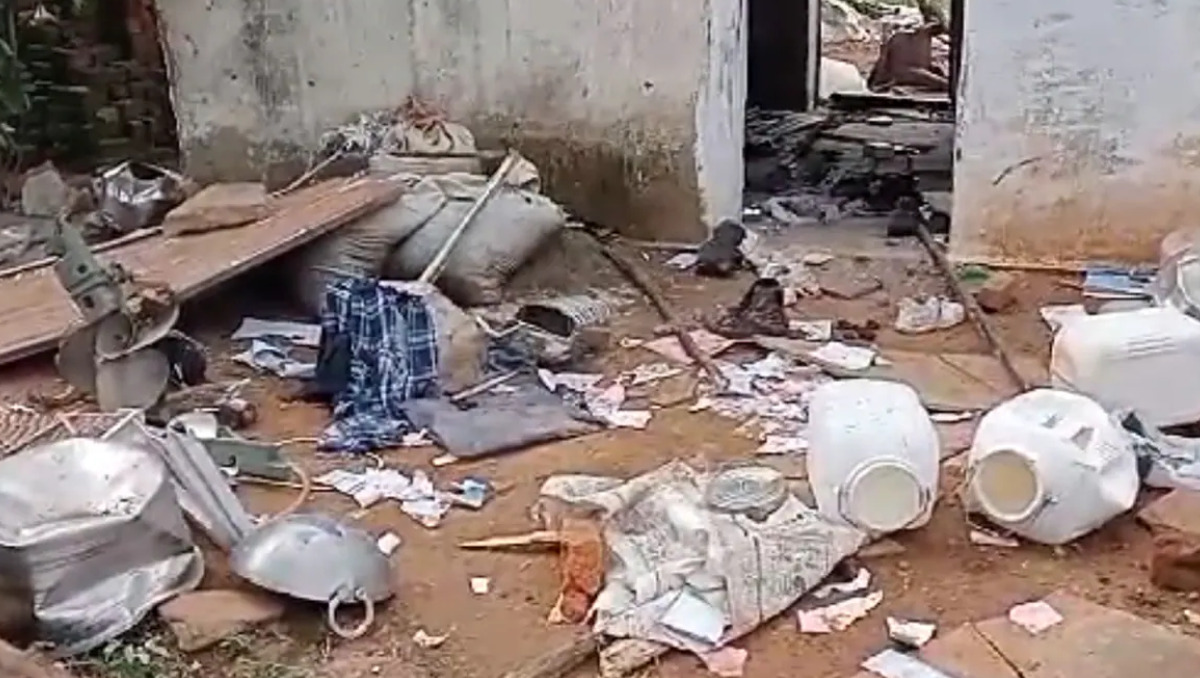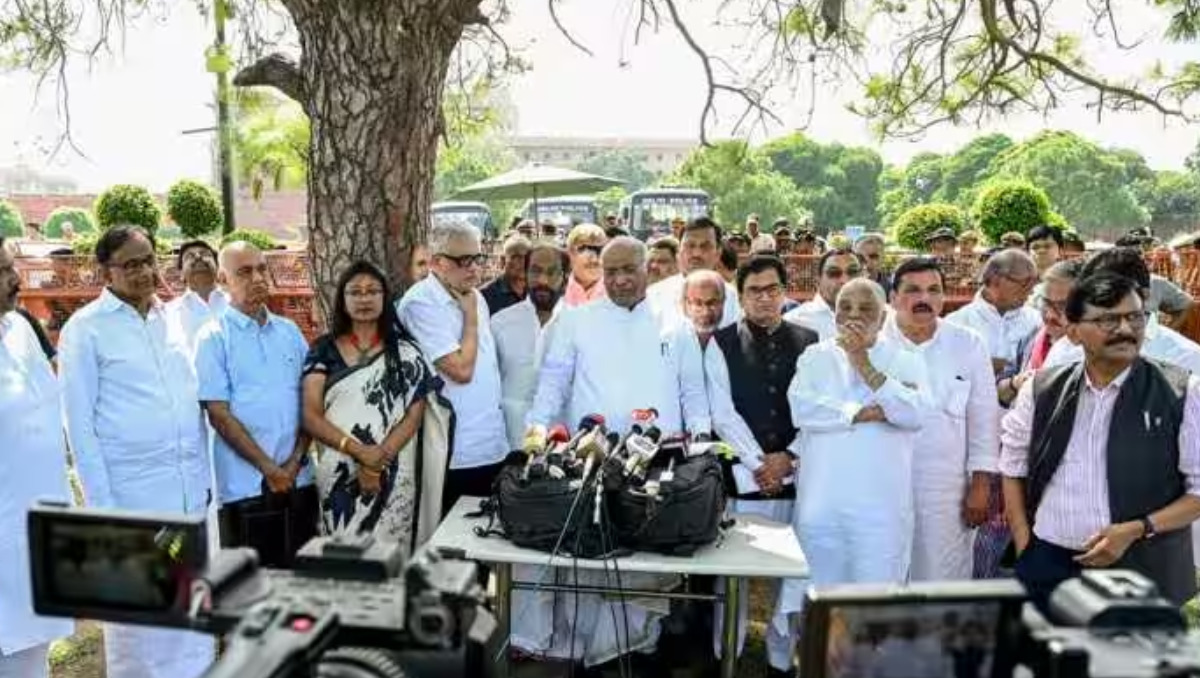In a deeply distressing incident that highlights the deep-rooted social issues prevalent in society, a Dalit family in Madhya Pradesh’s Sagar district fell victim to a brutal mob attack, resulting in the death of a young man and the public humiliation of his mother. The gruesome attack was reportedly triggered by an ongoing sexual harassment case lodged by the victim’s sister back in 2019. The young man’s sister was also subjected to physical assault when she attempted to protect her family from the relentless aggressors. The incident has sparked outrage and renewed debates about the safety of marginalized communities, as well as the urgency of addressing caste-based violence and discrimination.
Table of Contents
Triggered by Sexual Harassment Case
The victim, an 18-year-old Dalit youth named Nitin Ahirwar, lost his life in the tragic event that unfolded in Barodia Naunagir village on Sunday. The incident was provoked by an unresolved sexual harassment case filed by Nitin’s sister in 2019. The accused, identified as Komal Singh, Vikram Singh, and Azad Singh, had allegedly been pressuring the victim’s family to withdraw the case. The situation escalated when the accused forcibly entered the victim’s home, demanding the revocation of the case.

Brutal Assault and Unthinkable Humiliation
As the mob entered the family’s abode, the situation quickly escalated into a nightmarish spectacle of violence and terror. Nitin Ahirwar faced severe beatings, resulting in fatal injuries. Shockingly, his 49-year-old mother, in a desperate bid to protect her son, suffered the horrifying ordeal of being stripped naked by the mob. The mother recounted the traumatic experience, stating, “They subjected him to brutal beatings, and he couldn’t survive. They stripped me naked. Later, the police arrived and provided me with a towel. I stood there in a towel until they arranged for a saree.”
The extent of the brutality did not stop there – the mob vandalized the family’s home, leaving nothing but wreckage in their wake. Their rampage extended to another house in search of the victim’s other two sons, creating an atmosphere of terror and fear.
Political Row and Societal Concerns
The incident has triggered a wave of condemnation from across the political spectrum, with opposition parties and human rights activists demanding justice for the victims and a swift resolution to the case. In the lead-up to upcoming elections, the opposition Congress party and Mayawati’s Bahujan Samaj Party seized the opportunity to criticize the ruling BJP government. Congress leader Mallikarjun Kharge decried the ongoing oppression faced by Dalits and tribals in Madhya Pradesh, accusing the BJP of fostering an environment conducive to such atrocities. On the other side, BJP officials defended their prompt response and accused the Congress of exploiting the tragedy for political gain.
This shocking event has also ignited discussions about the prevailing caste-based discrimination and violence that continue to plague Indian society, especially in rural areas. The incident has revealed a pressing need for comprehensive social reforms, as well as better implementation of laws aimed at protecting marginalized communities.

Government’s Response and Way Forward
Authorities have taken action by arresting eight individuals, including the main suspect Vikram Singh Thakur. However, several other suspects, including village head Komal Singh, remain at large. Police efforts are underway to apprehend them and ensure that justice is served. The charges against the accused include murder under section 302 of the Indian Penal Code, as well as provisions of the Scheduled Caste/Scheduled Tribe Act, reflecting the severity of the crime and the need to prevent such atrocities against marginalized groups.
Demand for Change and Unity Against Discrimination
As the nation grapples with the shocking incident, it serves as a grim reminder of the urgent need to address social prejudices, discrimination, and violence against Dalits and other marginalized communities. Civil society organizations, activists, and concerned citizens are joining forces to demand systemic changes, rigorous implementation of existing laws, and increased awareness about the rights and dignity of every individual, irrespective of their caste or background.
In a time when India is striving for progress and development, incidents like these underscores the importance of creating an inclusive and just society where every citizen can live without fear and discrimination. The collective efforts of the government, civil society, and the people are essential to eradicate the deeply entrenched biases that continue to threaten the fabric of Indian society.
Read More: UP Teacher Asks Student To Slap Fellow Classmate













